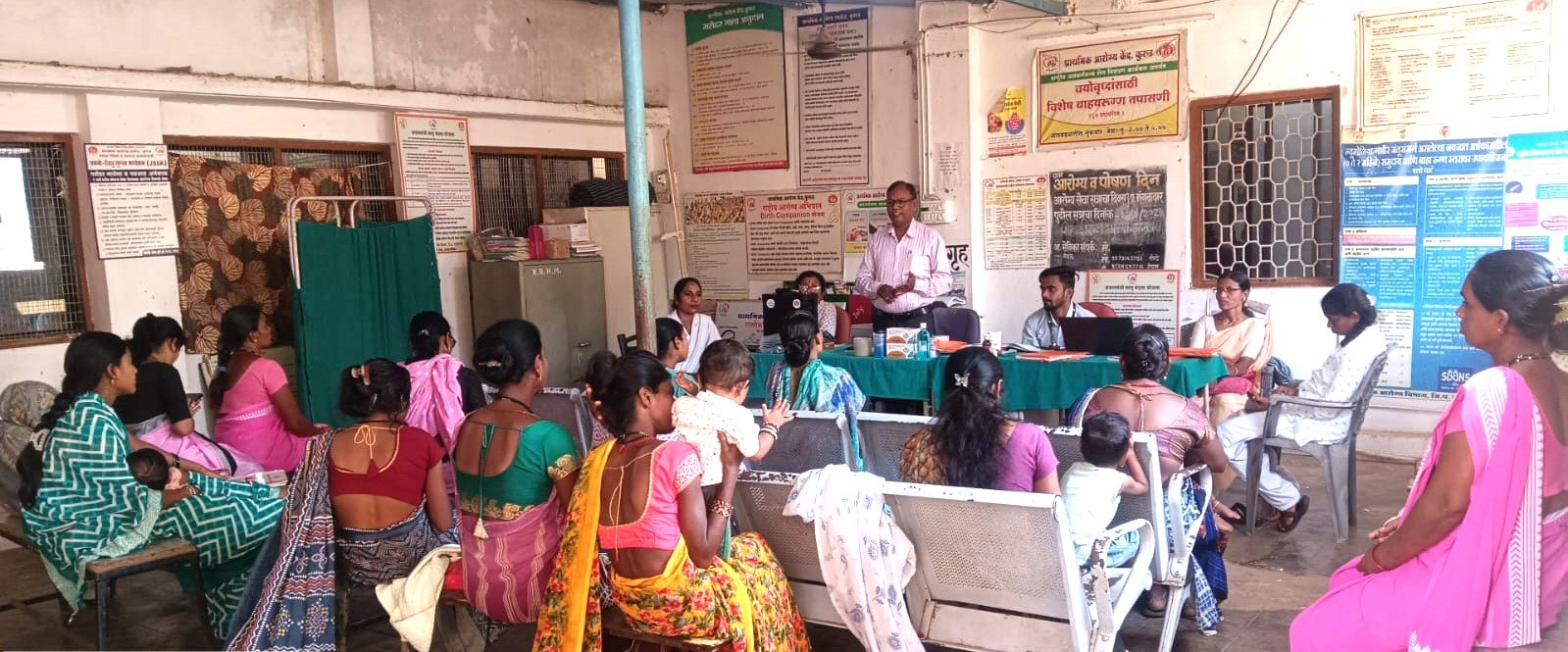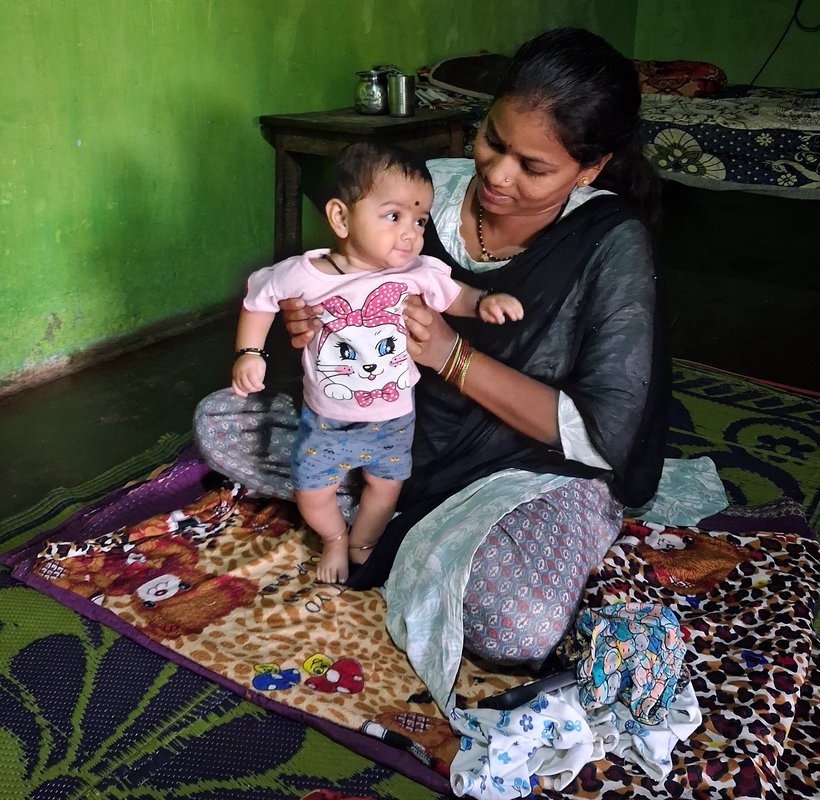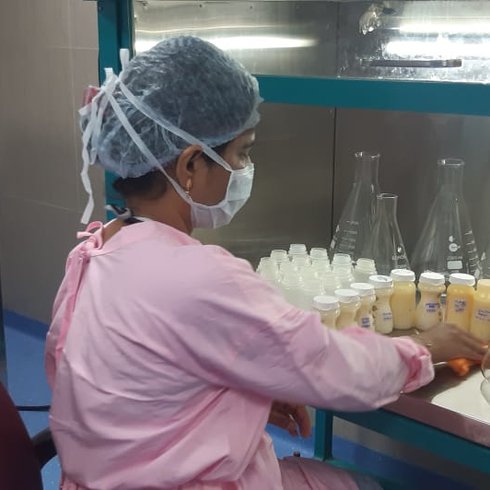The first 1,000 days, from conception to a child’s second birthday, represent the most critical window for human growth and development. During this period, almost 80 percent of brain development occurs, with more than one million neural connections forming every second.
What happens during this time influences not only a child’s survival, but also lifelong learning, health, and productivity. Early brain development, emotional well-being, and physical health during these 1,000 days establish the foundation for strong, resilient societies.
Nurturing early care: A holistic approach
A child’s brain development is shaped by genetics and environment, but it thrives through responsive, loving interactions—what scientists call “serve and return.” When a baby’s cries, coos, or smiles are consistently met with warmth and attention, the neural pathways that support these responses strengthen. This early nurturing fosters cognitive growth, emotional security, and resilience.
At the same time, a healthy beginning starts with a mother’s health. Ensuring quality antenatal care, which includes screening, adequate maternal nutrition, managing anemia, thyroid disorders, and other high-risk conditions, as well as providing mental health support, is crucial for healthy fetal growth and neurodevelopment.
For small and sick newborns, particularly those born preterm or underweight, developmental care in neonatal units can make a life-changing difference. Practices such as zero separation, Kangaroo Mother Care (KMC), exclusive human milk feeding, appropriate positioning and handling, protecting sleep, managing pain, and family-centered neonatal care promote physical growth and cognitive development, thereby improving survival outcomes.
Fewer than one in three children of those aged 3–4 in low- and middle-income countries receive adequate developmental support. Expanding access to these simple interventions is vital. Evidence shows that scaling proven health and nutrition programs during this period can reduce stunting by up to 20 percent. Moreover, every dollar invested in nutrition during the first 1,000 days can yield returns of up to US$35, making it one of the smartest investments for national development.
PATH’s work in the first 1,000 days
In South Asia, PATH is advancing integrated solutions that link maternal health, newborn survival, and early childhood development (ECD). Programs such as the Mother-Baby Friendly Initiative Plus (MBFI+) demonstrate how nurturing care, lactation support, KMC, human milk banking, and psychosocial support can improve developmental outcomes for newborns.
By working with governments, health facilities, and communities, PATH builds capacity among frontline workers, strengthens health systems, and promotes family-centered care models that can be scaled nationwide.
PATH also boosts innovation by identifying high-impact solutions for the first 1,000 days and moving them from concept to scaled implementation. We catalyze locally led ideas, provide technical assistance to refine products and service models, and build pathways for adoption in the public system, linking innovators, clinicians, frontline workers, and governments. Our recently launched Maternal and Newborn Child Health Tech Accelerator is one such example.
PATH works to strengthen facility-based newborn care by conducting bottleneck analyses, providing skills-based training, establishing RMNCH-A skill labs and developing practical tools and training resources for health care providers. We also demonstrate innovative models, such as tele–newborn care services, expert-supported supervision, expert-led case discussions, and promote the use of technology for early diagnosis and timely management.

PATH leads group counseling for pregnant women on the components of the first 1,000 days care during a Pradhan Mantri Surakshit Matritva Abhiyan camp at Kurud Primary Health Centre in Gadachiroli, India. Photo: Centre for Health Research and Innovation.
At the community level, we collaborate with frontline health workers and parents and establish parent support groups, form mothers' peer groups, improve maternal and child nutrition practices, integrate women's health camps, improve iron supplementation and deworming, and develop model community centers that demonstrate the delivery of comprehensive ECD services.
Public-private partnerships form the core of our work, aligning government priorities with private-sector agility to accelerate impact in the first 1,000 days. By convening innovators, startups, health providers, and government programs around shared goals, we co-develop solutions, streamline regulatory and procurement pathways, and enable sustainable market access. These partnerships help localize production, reduce costs, strengthen quality standards, and ensure last-mile delivery.
Shaping futures, not just saving lives
To unlock every child’s potential, care during the first 1,000 days must be embedded throughout the health system. This includes:
- Training frontline health workers on nurturing care and developmental support.
- Providing practical tools for families and caregivers.
- Ensuring maternal nutrition, respectful maternity care, and mental health services.
- Promoting exclusive breastfeeding, timely complementary feeding, and responsive parenting.
- Strengthen facility-level neonatal care to support nurturing care, brain development, and prevent developmental delays.



